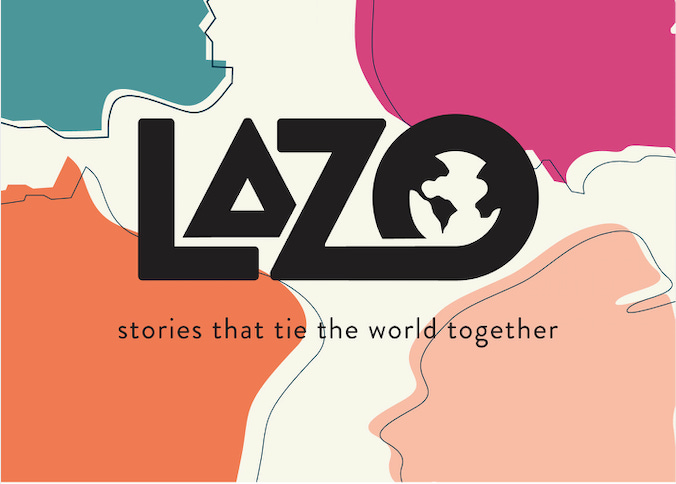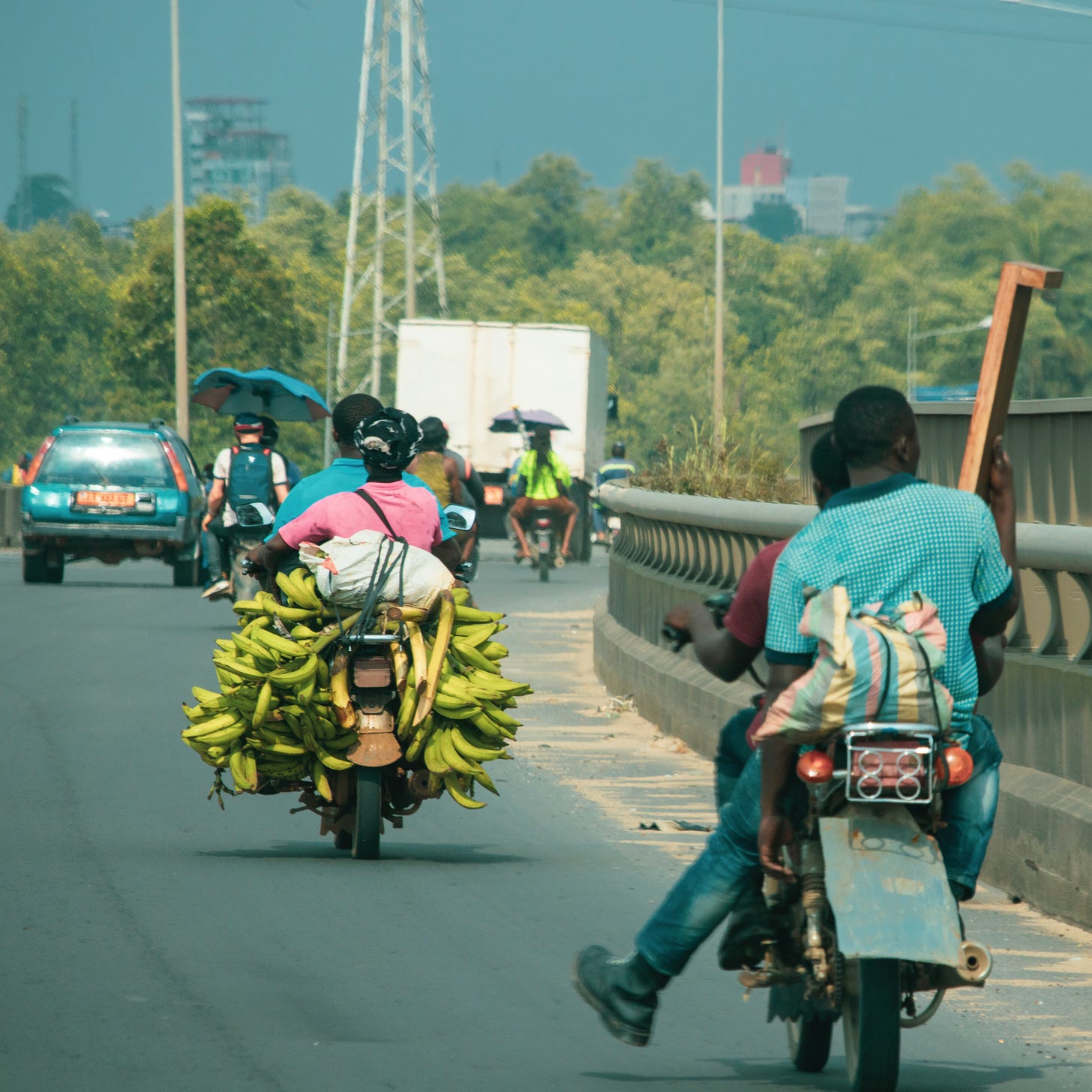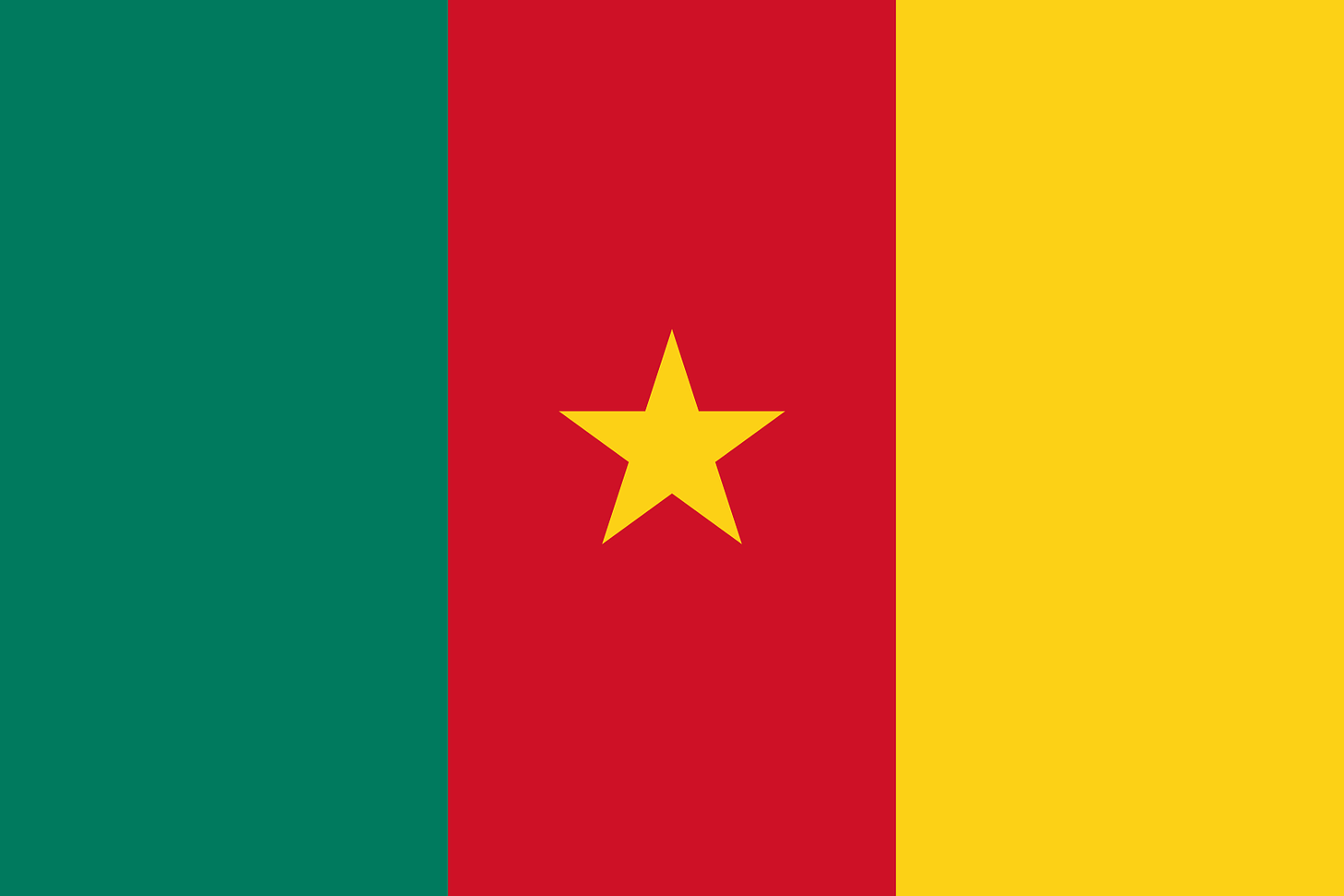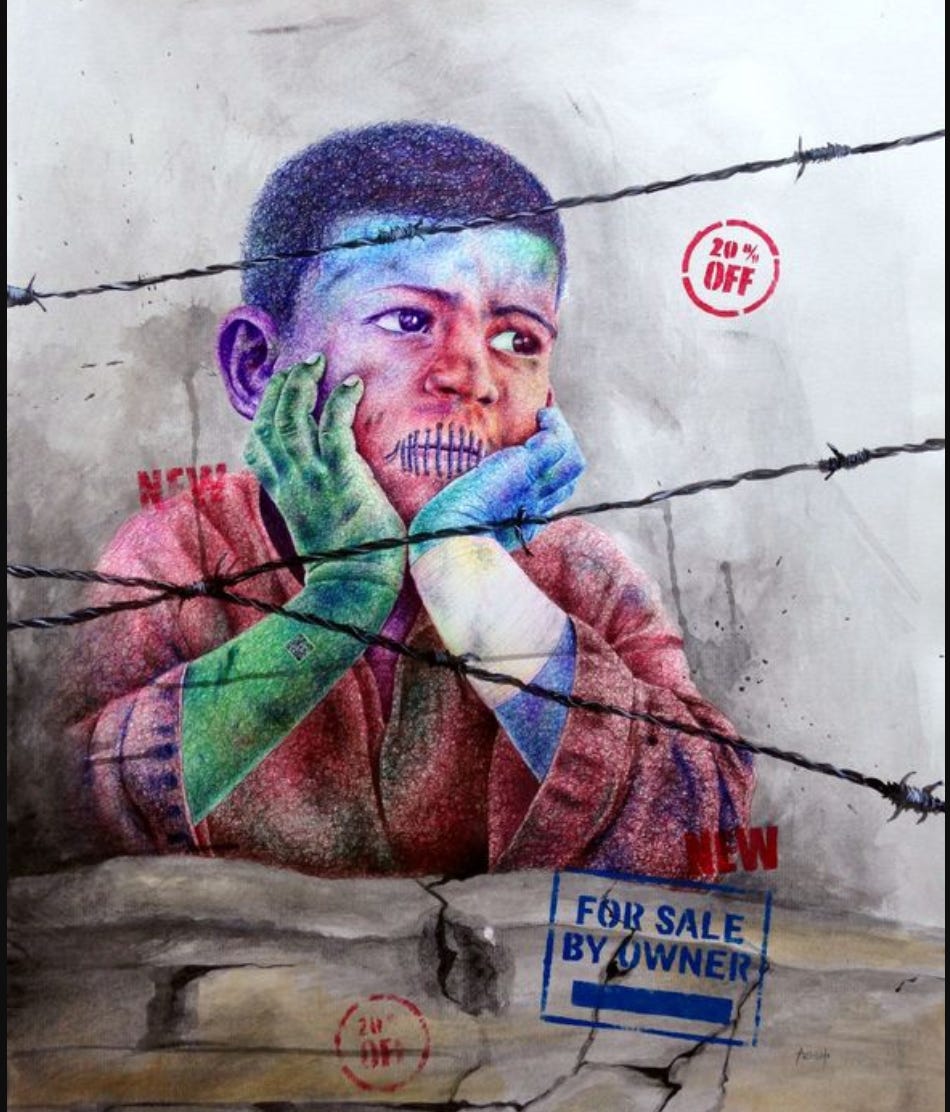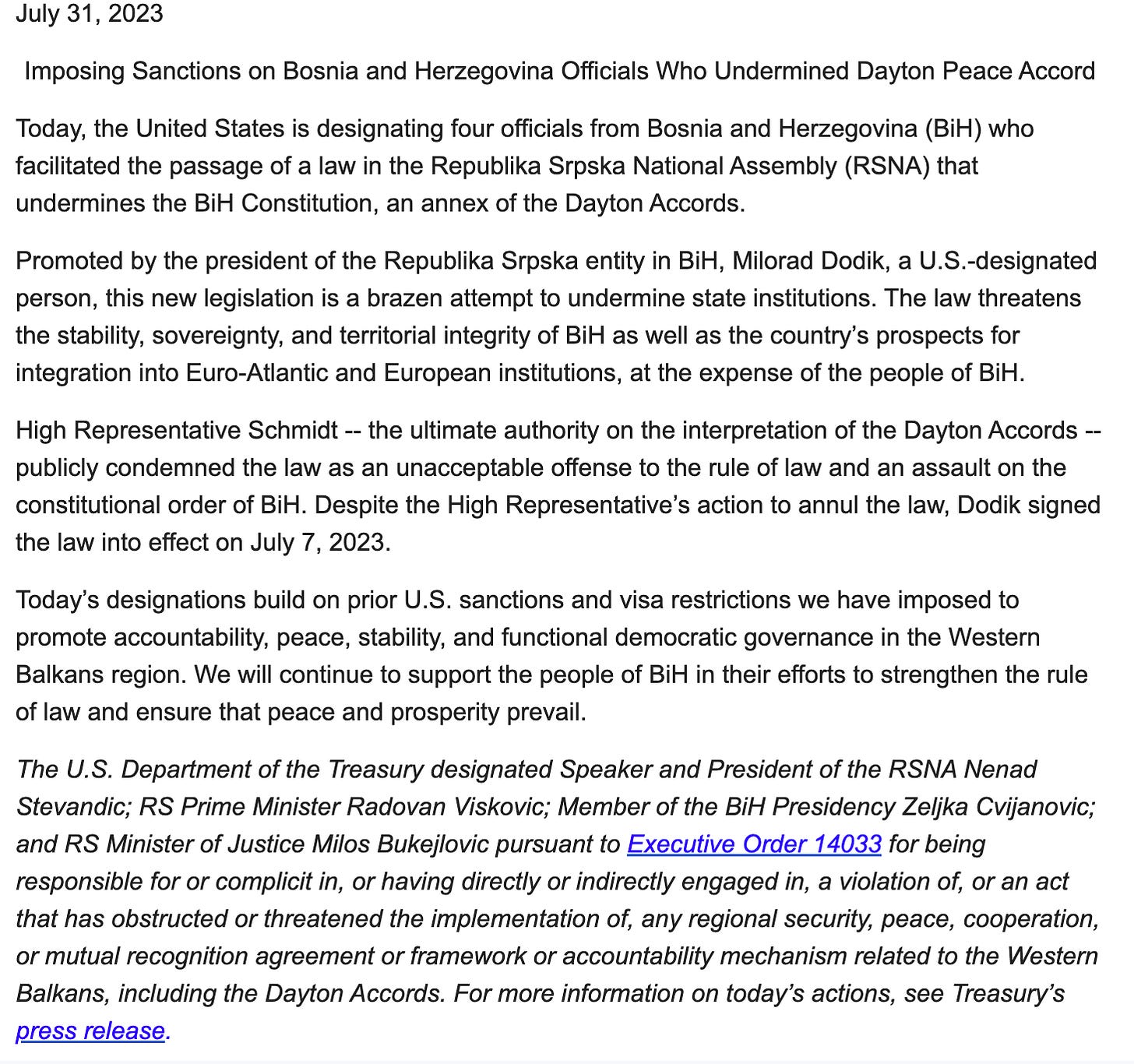Another week passes in the United States. I won’t spill more ink on the third indictment of the former president. Plenty of people have done that already. I’ll just say that this week was my first of entirely remote work in August, and there was a shooting directly in front of my house. No one was injured, thankfully. But for a few hours, there were a dozen police on the street and crime tape on the tree in front of my home.
One of the neighbors threw a party, and a fight broke out. An aggrieved individual pulled out a gun and shot it three times. I was home, curled up on the sofa, watching a Spanish rom-com. I heard the shots. I don’t know if the person aimed to kill or just fired in frustration. Either way, a person shot a gun in the street in front of my home.
The next day, I was sitting at my desk, just as I am now, when I received a message from a colleague warning me and my teammates, who work in the U.S. Congress, that there was an active shooter in a Senate building.
Luckily we were all working from home. So were most lawmakers. But the building was filled with Senate staffers busy at their jobs, and also some reporters. People were evacuated or told to shelter in place.
It turned out to be a false alarm. No one shot a gun in the Senate. I still don’t know exactly what happened.
Later that evening, I received another message from a U.S.-based friend telling me an app on his phone alerted him to a shooter nearby. Emergency services picked up a gunshot victim in front of his apartment building that night.
All I will say is that I am sick of living this way.
Gun violence is perhaps the number one thing that makes me doubt my decision to settle in America—more than the lack of guaranteed healthcare or social cohesion. Every day feels like a gamble. Every time I ride the train to work, I sit beside an emergency exit. I am exhausted by the hypervigilance, something that immediately melts away as soon as I travel abroad.
Now on to the main show, Cameroon, and the week's international news.
This week is about Cameroon.
Welcome to the 195 series, where I take you on a mini-tour of every country (and maybe some places that want to be countries). Each week I'll feature a new location. Some you may have heard of, while others may be new to you. The point is to learn and nurture our curiosity about the wider world. Maybe you'll find a new artist or musician you like, too. You can skip to the bottom if you only want the week's news.
Country Info:
Population: Roughly 27.2 million.
Current government: Cameroon theoretically has a multiparty system of government, but the Cameroon People's Democratic Movement has maintained power since the current system was created in 1985. It has complete control of all branches of government.
Like most African countries, the country has a long history of colonization. Germany first colonized Cameroon in 1884 and ruled until 1916. When Germany lost the First World War, Cameroon became a mandated territory of the League of Nations and was handed over to France and Britain to govern.
The country didn’t gain independence until 1960. French and English are two of the most commonly spoken languages today.
The organization Freedom House rates Cameroon as “not free.” They write:
President Paul Biya has ruled Cameroon since 1982. His Cameroon People’s Democratic Movement has maintained power by rigging elections, using state resources for political patronage, and limiting the activities of opposition parties….A conflict between security forces and separatists in the Anglophone Northwest and Southwest regions is ongoing and has resulted in widespread civilian deaths and displacements.
The International Crisis Group notes that Cameroon is “beset with two major violent conflicts but also faces rising ethnopolitical tensions. The bigger conflict, between the government and separatists from the English-speaking minority, started in 2017 and has killed over 6,000 people.”
Religion: Most people in Cameroon practice Christianity, but around 20% of the population practices Islam.
Standout artist: Aziseh Emmanuel, a young Cameroonian painter now based in Marseille, France. Here’s a screenshot of his painting Disneyland, Where Are You? You can buy his art here and here.
Standout film: The Fisherman’s Diary, a 2020 film about a young girl from a village of fishermen who is determined to go to school even though education for girls is taboo.
A surprising thing: Cameroon has two of the world’s so-called exploding lakes, or lakes that are prone to limnic eruptions. That means they contain carbon dioxide reserves that can occasionally erupt from the water’s depths.
These eruptions are rare but quite dangerous because they form a gas cloud that can suffocate people and animals nearby.
Cameroon’s Lake Monoun exploded in 1984, killing around 37 people. Two years later, another explosion at Lake Nyos killed almost 2,000.
Story of the week: Authorities in Cameroon said at least 12 people were killed in new attacks by Boko Haram in Darak, a fishing island on Cameroon's northern border with Chad and Nigeria, Voice of America reports. Military officials said troops were deployed to stop more incursions and attacks by the Nigeria-based insurgent group.
What I’m writing:
• I wrote a deep dive into Moldova's turn to the West, its effort to crack down on Russian spies and oligarchs, and two Moldovan lawmakers' trip to D.C. This story is unlocked and free to read.
My weekly news blurbs:
What I’m reading:
No matter how fast a man is, he cannot outrun his shadow
– Cameroonian proverb
• The New York Times published a snarky essay about a millennial travel company I have secretly fantasized about working for. It’s funny.
• I enjoyed this essay in Salon about the American left’s blindspot when it comes to Russian colonialism.
• Russia’s invasion of Ukraine ripped the façade off “anti-imperialism,” argues columnist Frida Ghitis in an opinion article for Politico Europe. Reaction to the war among leaders in Latin America and Africa has revealed that the term was little more than a cover for anti-Americanism, she writes.
• Foreign Policy profiled Hussein al-Sheikh, Israel’s “man in Ramallah,” who “works behind the scenes to prevent the collapse” of the Palestinian Authority.
• Thomas Friedman has a wild opinion piece in the New York Times claiming that the Biden administration might offer Saudi Arabia a NATO-like security guarantee.
• Saudi Arabia is hosting a Ukrainian-organized peace summit to find a way to start negotiations over Russia’s invasion, the Associated Press reports. Russia was not invited.
• Between 20,000 and 50,000 Ukrainians have had one or more limbs amputated since the start of the war, nearing the scale of World War I, the Wall Street Journal reports.
• Romanian President Klaus Iohannis labeled Russia’s attacks on Ukrainian ports on the Danube, near his country’s border, “unacceptable” and accused Russia of war crimes, Politico Europe reports. Moscow launched a series of air strikes on ports on the Danube after pulling out of the Black Sea grain deal.
• Poland rushed troops to its eastern border with Belarus after accusing Belarus of violating its airspace with military helicopters, Reuters reports.
• The paramilitary organization Wagner Group in Belarus is trying to “destabilize” NATO, Poland’s Prime Minister Mateusz Morawiecki warned. Politico has the story. Poland and Lithuania both warned of “provocations” and “sabotage actions” from Wagner Group forces in Belarus.
• China and Georgia upgraded their relationship to a strategic partnership, EurasiaNet reports. The ties follow Georgia's newfound role as a transit and energy corridor connecting Europe and Asia, but the wording of the joint statement left the country's pro-Western voices fearful that it could signal a bigger geopolitical shift.
• The tiny island Gardi Sugdub is sinking, according to Human Rights Watch. The low-lying island off the north coast of Panama doesn’t stand a chance against the steamroller of climate change.
• At least 157 people, including 25 children, were killed in April in the single deadliest attack by the Myanmar military since it seized control from a civilian government in 2021, the Washington Post reports.
• China replaced two leaders of the People’s Liberation Army’s Rocket Force, an elite unit managing its nuclear arsenal, the BBC reports. The removal of General Li Yuchao and his deputy, after they had “disappeared” for months, is the biggest unplanned shake-up in Beijing’s military leadership in almost a decade.
• At least 46 people were killed after a suicide bombing at a political party gathering in Pakistan, the Wall Street Journal reports. The hard-line Jamiat Ulema Islam party was targeted by jihadists who view democracy as un-Islamic.
• Outbreaks of deadly violence in India this week reveal the deep sectarian divides in a country set to host the Group of 20 leaders next month, CNN reports. Right-wing Hindu demonstrations, the destruction of Muslim-owned property, and the shooting of three Muslim passengers on a train by a police officer have raised tensions even further. A study by economist Deepankar Basu reported a 786% rise in hate crimes against all minorities between 2014 and 2018.
• The Mexican government reported that, for the first time, a body was seen along the floating barrier that Texas Governor Greg Abbott installed in the Rio Grande in July, the Associated Press reports. Migrant drownings occur regularly on the Rio Grande.
• Leaders from Ecowas, the bloc of West African nations, threatened military action against Niger’s junta after it took power in a coup, the BBC reports. But fellow military rulers in neighboring Burkina Faso, Mali, and Guinea expressed their support for the junta.
• Coup supporters gathered outside the French Embassy in Niger, burning French flags and calling for the withdrawal of French troops, Politico reports. Some of the coup supporters waved Russian flags and chanted the name of Russian President Vladimir Putin.
• U.S. forces stationed in Niger have been restricted to their base in Agadez as the Biden administration works to restore democratically-elected President Mohamed Bazoum to power, CNN reports.
• Ethiopia’s Council of Ministers declared a state of emergency in the country’s Amhara region after clashes intensified between regional forces and the military, the Associated Press reports.
Interesting statements:
You can write to me for any reason: c.maza@protonmail.com.





